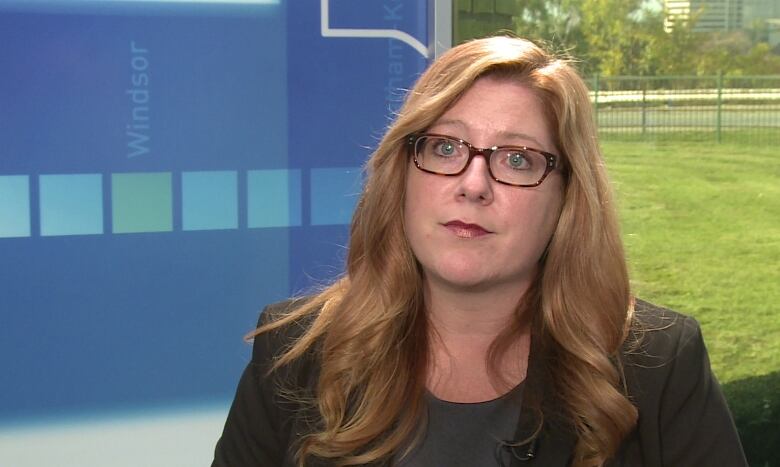Windsor businesses may need to get 'resourceful' with updated tariffs
'I think that there's a lot of speculation,' says Windsor distributor of paper products

The full list of retaliatory tariffs may be out, but the effects are yet to be seen on businesses with products on that list.
"They haven't hit us yet, and I think that there's a lot of speculation as to how exactly it is going to hit us," said Allan Cohen, president of Merchants Paper Company in WIndsor, Ont. They distribute all types of paper products from janitorial supplies to disposables for food service uses.
Part of the reason for this delayed impact on on his company is they are sitting on a month of inventory that's giving them a bit of a cushion.
He's hesitant to say exactly how these tariffs are going to hurt his company, mostly because of all the uncertainty that still exists.
Some of his suppliers could be Canadian subsidiaries of U.S. companies, but depending on where they manufacture the product, it could change the effect.
His staff, he said, are also more focused on the long weekend than what the tariffs might mean for their jobs.
"Our plan is to continue to supply our customers whether there are tariffs or there are not. We might need to get a little resourceful," Cohen said.

Essex MP supports retaliation
However, those working in steel and aluminum facing U.S. President Donald Trump's tariffs might be a little more stressed.
To help protect the businesses and workers in those industries, Foreign Affairs Minister Chrystia Freeland announced on Friday that the government will spend up to $2 billion to protect those jobs. About $1.7 billion is designated to help businesses manage an uncertain financial future.
The employment insurance program will also be tweaked to keep workers in Canada.
"This really is the right move at this point," said Tracey Ramsey, the MP for Essex. But she wishes the aid announcement could have come sooner, pointing to how some smaller shops are already using job sharing and cutting workers' hours.
Even though the aid is a positive step, she said there needs to be a change where the government starts to use Canadian steel and aluminum in infrastructure projects in order to protect the sector.
Ramsey supports the retaliatory tariffs, saying "there was no alternative," because the steel and aluminum industries employ so many people directly and impact a lot of spin-off jobs.

'We're in a much worse position'
Not everyone agrees with Ramsey.
Barry Zekelman, chairman and CEO of Zekelman Industries, a North American steel tube and pipe company with 14 manufacturing locations in the U.S. and one in Harrow, Ont., thinks these tariffs are only hurting the NAFTA negotiations.
"I think there's an extreme overreaction to this sunset provision," he said, pointing to how the resulting tariff war is "doing far more harm than any sunset clause would have done."
Trump wanted the sunset clause, which would mean that every five years, NAFTA would end unless the parties decide to renew it.
Not only that, Zekelman said Canada should have followed suit when U.S. announced the tariffs, saying Canada has allowed "other countries" to "dump product in our market for years" and it should stop.
By other countries, he means places like Thailand, South Korea and China.
He has been outspoken in the past about the tariff war, and he will continue to be outspoken, he said.
"I'm one of the fortunate ones," Zekelman said the tariffs aren't hurting him yet. "Quite frankly i'm more concerned for everyone else."
"I don't want a dime from the government."
With files from Dale Molnar and Jo Lynn Sheane